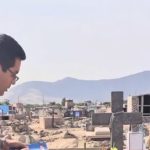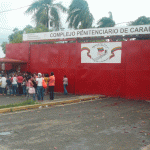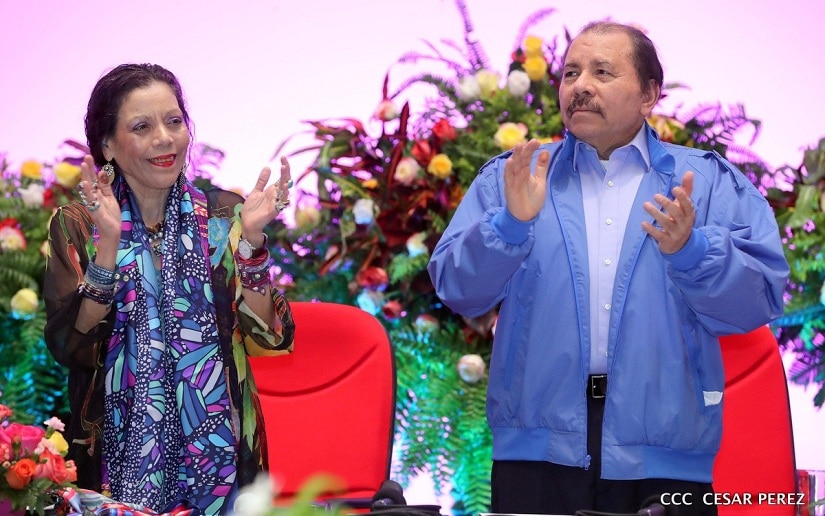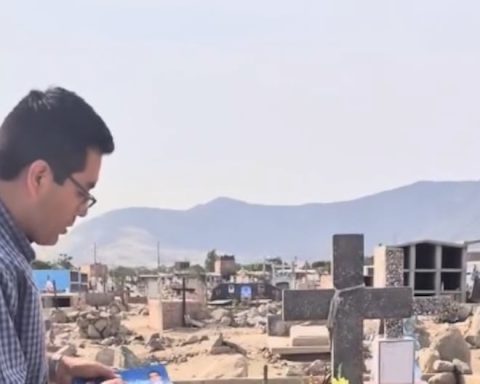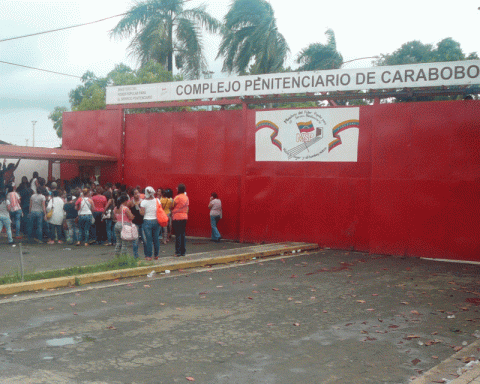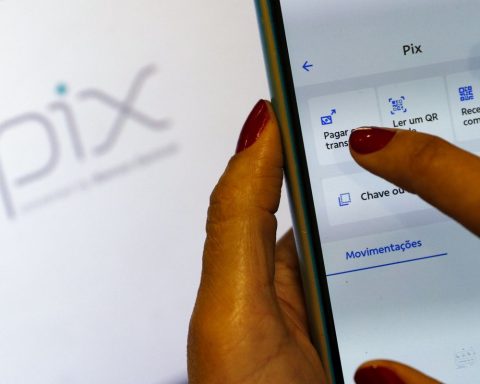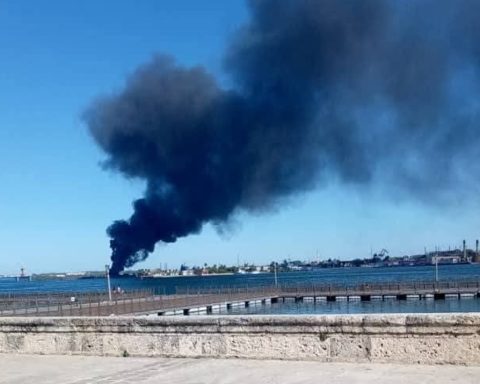Fernando Camacho Servin
La Jornada newspaper
Sunday, November 14, 2021, p. 18
Treated as foreigners in their own land and forced to speak a foreign language, many indigenous people in Mexico have not had a fair trial due to their ignorance of Spanish; Furthermore, they do not have access to basic health and education services, among others.
To face this scenario, the National Institute of Indigenous Languages (Inali) launched a training and certification program for interpreters in the languages of native peoples, with the aim that in the long term there will be at least one translator into Spanish of the 364 linguistic variants that are spoken in the country.
Among the participants in the courses, one of the most frequent concerns is knowing how to help indigenous people who are facing a judicial process, but there are also concerns about how to avoid losing the world
what each language means and that acts of looting and acculturation
of children by government agencies.
Norma Meza, an indigenous Kumiai, originally from Baja California, is one of the three speakers of that language who participate in the Inali program. His motivation for entering this scheme is personal, because he does not want a story like that of his sister María Aurora to be repeated, who spent three months in jail accused of a crime that, he says, he never committed.
In 2012, the woman – then 53 years old and suffering from diabetes – She was wrongly accused by wealthy ranchers of stealing horses. They made her sign documents that didn’t even have her full name
, which she accepted without understanding Spanish and without a translator to assist her, tells in an interview with The Day.
Although she was only sent to a prison in Tijuana for three months, during that time they did not provide her with the insulin injections she needed, which damaged her pancreas and ultimately led to her death, which happened a year after leaving the prison. jail. It is a courage that one has inside, because what they did with it was an injustice
, it states.
In Norma’s memory there is another offense that she seeks to avoid by certifying herself as an interpreter: that of the abuses committed by various government institutions against the indigenous peoples of the region, such as the one that occurred more than two decades ago when representatives of the National System for the Comprehensive Family Development (DIF) took at least six Kumiai children, without the permission of their parents, to place them in a home.
The DIF entered my community, took the children out and put them in an orphanage. There they made them in their own way, they made them Christians, they handled them as they pleased. That already has a lot, now the young people are already over 18 or 20 years old, but it was an intentional act of looting children so that there are no longer Indians
he accused.
Guadalupe Ortiz, coordinator of the Inali accreditation and certification area, explained that since 2010 said body has organized courses for interpreters whose objective is for graduates to be able to translate from Spanish into any of the indigenous languages spoken in the country – and vice versa – different everyday or extraordinary situations.
According to the official, the registry of certified interpreters and translators in Mexico has only 2 thousand 95 members, speakers of 131 of the 364 linguistic variants that exist in the country, so “the road is still long.
Before, translations were improvised and it took anyone to do them, a stranger or the store. There was no professionalization, even if the freedom or imprisonment of a person depended on it
, lament.
You can consult an extensive version of this text on the website of The Day.






